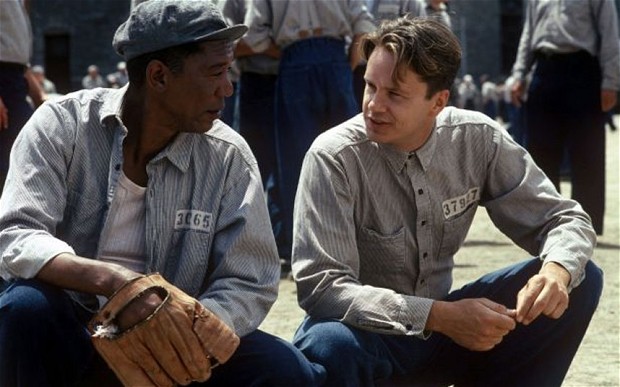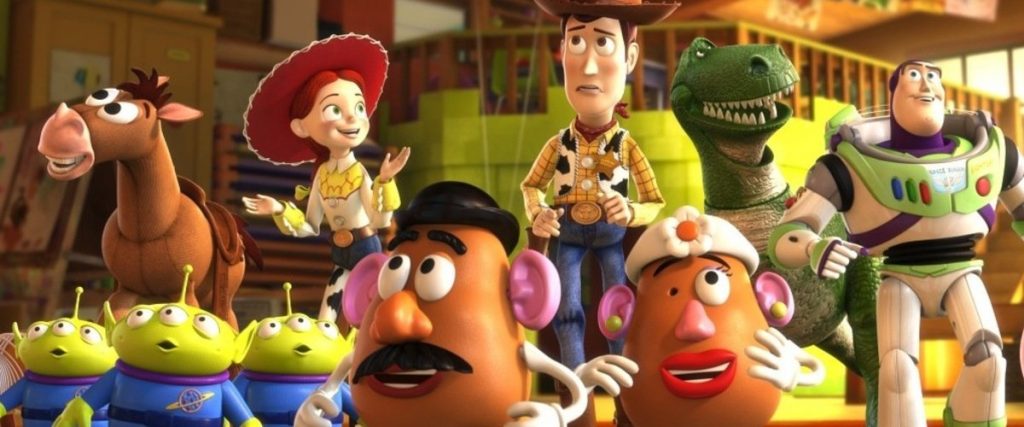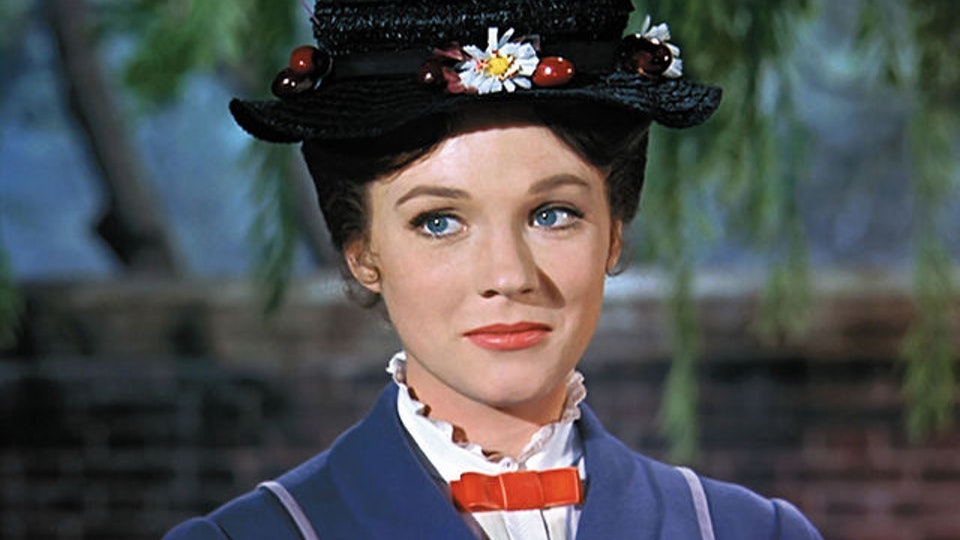Films are a big part of modern life. We quote, discuss and review them daily. But with thousands of movies released each year, what makes certain movies into a phenomenon? What is it about select movies that capture the public’s attention and makes them successful? Is there a formula to it?
Today we are going to explore a recent study and see what conclusions they have come to about how to make a successful film. We will look at the purpose of the study, highlight their findings, their methodology and highlight examples of where their findings can be seen today and places where the study falters.
Purpose & Method
The paper we are looking at is called, The Data Science of Hollywood. This study was made to see how certain emotions can affect the types of media that people want to watch. And how production companies can customise their products to meet the preferences of audiences.
To accomplish this the authors compiled 6174 feature film scripts and charted the emotional journeys presented in each. They did this by analysing the sentences used within the script, declaring them as either emotionally negative, neutral or positive and then charting their use over the course of the script.
The movies were then grouped into one of six categories:
- Rags to Riches – A film that continually builds positive emotion

- Riches to Rags – The film is about a continual emotional decline

- Man in a hole – The film follows someone falling emotionally before rising out of it

- Icarus – The film charts an emotional rise followed by a fall

- Cinderella – This film begins building positive emotions, before declining and then rising again at the end

- Oedipus – This film begins with an emotional decline, followed by a rise and finishing with a decline

They then compared this data with various sources to see how successful these different journeys were with audiences. They looked at box office takings, IMDb audience and critic ratings, award nominations and wins and number of viewers. So, what did the researchers find?
Findings
Of the six narrative categories, the researchers found that the Man in a hole stories tended to have a higher average box office gross ($37.48 million). Cinderella was the second highest ($33.63 million on average) and Oedipus being third ($31.44 million on average).
Particularly successful examples of the man in a hole story from the past year include Black Panther and Halloween (2018). Both were among the top 25 highest grossing films of 2018 and began with the characters leading relatively normal lives before something turns their existence upside down. But they eventually fight to reclaim their happiness.
The Other Side
However, there are less successful films in this category, such as Mortal Engines. Which charted the journey of a privileged citizen as he is exiled from his city and eventually destroys its corrupt government with the help of the rebellion. It was one of the biggest box office bombs of 2018. And garnered an IMDb audience rating of 6.1 and a critical rating of 44/100. Halloween (2018) also did not perform greatly with IMDb users and critics, only garnering a 6.6 from users and 67 from critics.
On average the study found that Man in a hole films received the lowest average ratings from IMDb users and critics. IMDb Users usually rated Rags to riches stories highest. Successful examples include Avengers: Endgame, which charts the emotional rise from the low point of Infinity War, and is both the most successful film of the year and currently ranked as the 19th best film of all time on IMDb. This shows that films associated with positive emotions tend to work well with general audiences.
Meanwhile, movies with higher critical ratings tended to be Riches to rags stories. Showing that critics favour tougher emotional journeys. Examples include Jordan Peele’s Us. Which charted the continual emotional decline of its characters and has an 81/100 rating from IMDb critics compared to a 7.1 from regular users. But still managed to gross $175,005,930.
The Studies Failings
There are however several areas where this study opens itself for criticism. Firstly, relying on IMDb ratings to gauge public opinion can cause problems as people only tend to leave feedback/reviews if they’ve had a negative experience which can slightly skew the results. And IMDb scores are usually given by a different audience than those who see the movie in theatres. Meaning that an IMDb score doesn’t necessarily measure the satisfaction of people who saw the film in cinemas and contributed to its box office.
And the oversimplification of the emotional arc categories is very confusing. For example, The Shawshank Redemption is given as an example of the rags to riches story which supposedly continually builds positive emotions, but the film still has several emotional low points throughout. Meaning that the categorisation of these films is somewhat flawed.
Successful?
From this research we can conclude that the words of William Goldman hold true, “Not one person in the motion picture field knows for a certainty what’s going to work”. A film’s success at the box office does not guarantee audience or critical satisfaction. The use of IMDb as a method for gauging public opinion is also flawed. And the categorization is oversimplified and there are continual examples that prove the study wrong on an individual basis.
But this study did raise interesting points with its research. Showing that the most successful films may not be aimed specifically at critics or general audiences. Instead, they are the ones that generate the most discussion. And the mixture of positive and negative emotional arcs ensures the box office success of the man in a hole films because they appeal to the preferences of critics and audiences.
Also Read: Spoiler Etiquette: To Spoil Or Not To Spoil…














2 Comments
Comments are closed.